Full Automatic Constant Pressure Variable Frequency Water Supply Equipment is a new generation of hi...
See DetailsHorizontal Centrifugal Boiler Feed Pumps: Driving Efficiency in Modern Power Generation
Industry News-As the global energy landscape evolves, power plants face increasing pressure to improve efficiency, reliability, and sustainability. Central to this mission is the reliable operation of boiler feed water systems — the lifeblood of steam generation in thermal power plants. At the core of these systems lies the Horizontal Centrifugal Boiler Feed Pump, a specialized pump designed to deliver high-pressure, consistent water flow to boilers, enabling efficient steam production.
With rising demand for cleaner energy and enhanced operational efficiency, horizontal centrifugal boiler feed pumps are undergoing significant technological advances, making them indispensable components in modern power generation and industrial processes.
What Makes Horizontal Centrifugal Boiler Feed Pumps Essential?
Boiler feed pumps supply water to steam boilers, overcoming high pressure to maintain continuous steam generation. The horizontal centrifugal design specifically offers several benefits tailored to this critical role:
Robust High-Pressure Performance: These pumps are engineered to supply water at pressures often exceeding several hundred bar, critical for large-scale boilers.
Stable Flow Rates: Their design ensures smooth, uninterrupted flow to avoid pressure fluctuations that could damage boiler tubes or reduce efficiency.
Ease of Maintenance: The horizontal configuration allows easier access to internal components like impellers, bearings, and seals, downtime.
Adaptability: Suitable for both subcritical and supercritical boilers, they can be customized for various plant capacities and operating conditions.
Engineering Features Driving Performance
Horizontal centrifugal boiler feed pumps are designed with precision to meet the demanding requirements of modern steam generation:
Multi-Stage Impellers: Multiple impeller stages are often used in series to build the required pressure efficiently.
High-Grade Materials: Pump components are manufactured from corrosion-resistant alloys to withstand high-temperature water and chemical treatments used in boilers.
Advanced Sealing Systems: Mechanical seals and packing systems prevent leakage under pressure and temperature conditions.

Vibration Control: Rigid shaft and bearing designs reduce vibration and noise, ensuring long-term mechanical integrity.
Efficiency Optimized Impeller Design: Computational fluid dynamics (CFD) models help optimize impeller shape for reduced hydraulic losses and power consumption.
Applications Beyond Power Generation
While their primary use is in thermal power plants, horizontal centrifugal boiler feed pumps find applications in other industries requiring high-pressure water delivery, such as:
Petrochemical Plants: Supporting steam generation for refining and chemical processing.
District Heating Systems: Supplying pressurized hot water to large-scale heating networks.
Industrial Manufacturing: In plants where steam is used for process heating, sterilization, or cleaning.
Waste-to-Energy Facilities: Ensuring consistent boiler feedwater in plants converting waste to power.
Market Dynamics and Trends
The market for horizontal centrifugal boiler feed pumps is closely tied to global energy trends:
Renewed Investments in Thermal Power: Despite the rise of renewables, many countries continue to invest in efficient coal, gas, and biomass power plants, necessitating reliable boiler feed solutions.
Retrofitting and Upgrades: Aging power plants are upgrading older feed pumps with energy-efficient, digitally monitored units to reduce operational costs.
Environmental Regulations: Stricter emission standards are pushing plants to operate boilers more efficiently, increasing the demand for high-performance feed pumps.
Digital Integration: Smart pump controls and monitoring systems help plant operators optimize performance and predict maintenance needs.
Innovations Enhancing Pump Efficiency and Reliability
Manufacturers of horizontal centrifugal boiler feed pumps are incorporating technologies to meet modern power plant challenges:
Variable Frequency Drives (VFDs): These enable precise speed control, matching pump output to varying boiler demand and saving energy.
Predictive Maintenance Sensors: Vibration, temperature, and pressure sensors provide real-time condition monitoring, allowing for early fault detection.
Hydraulic Optimization: CFD-driven design improvements minimize cavitation risk and increase hydraulic efficiency.
Modular Designs: Pumps come with modular components, easing maintenance and reducing downtime.
Eco-Friendly Materials: Use of advanced alloys and coatings extends service life in aggressive boiler environments.


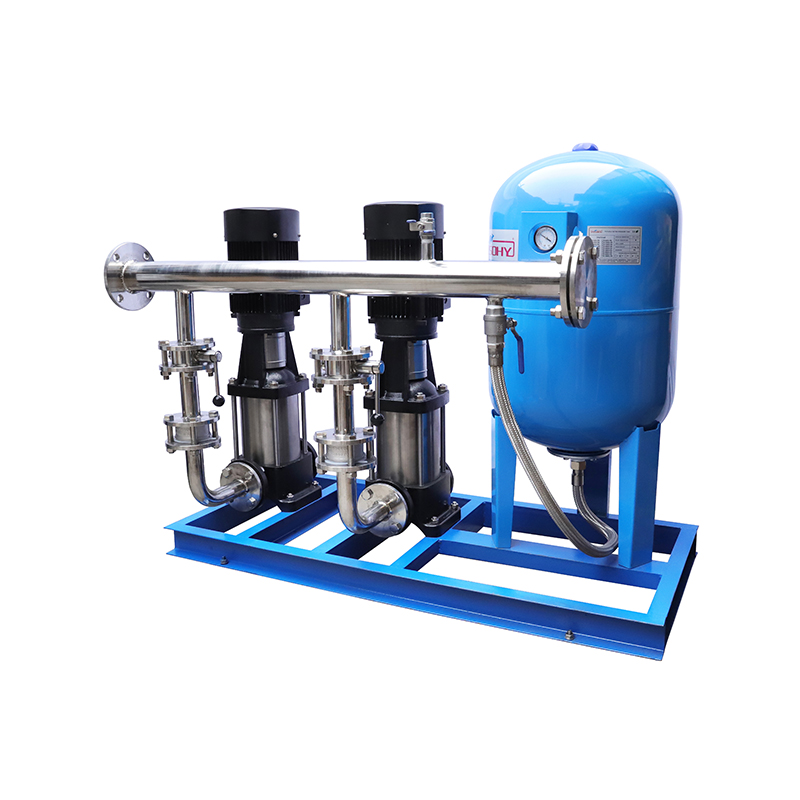
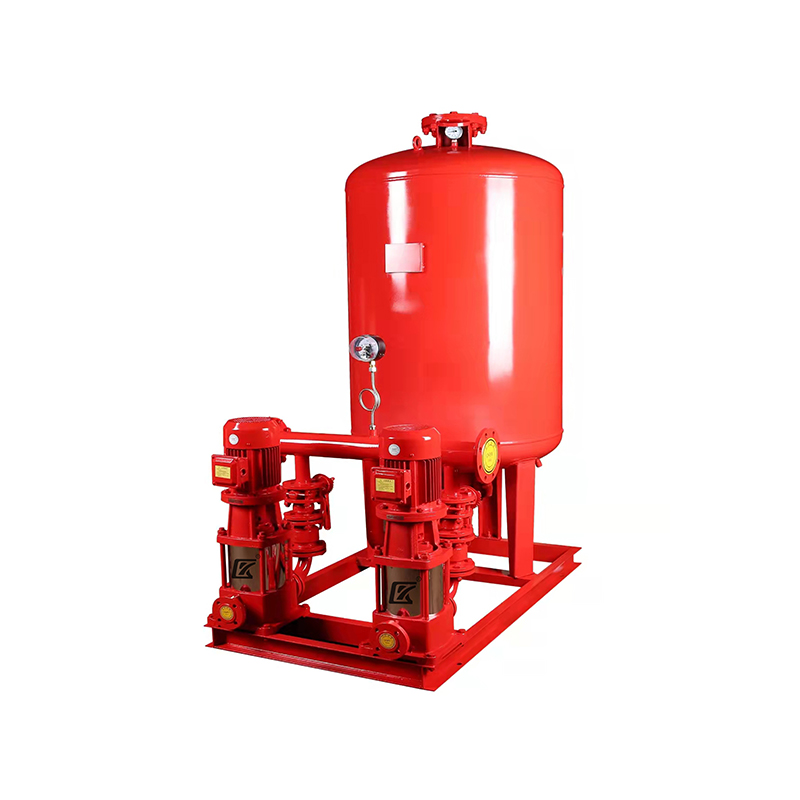
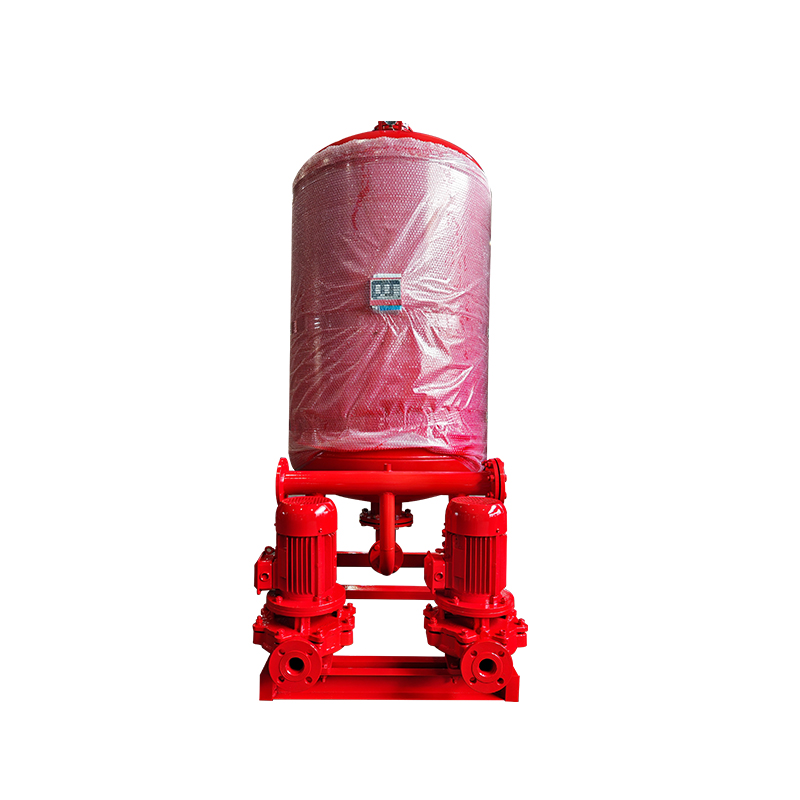

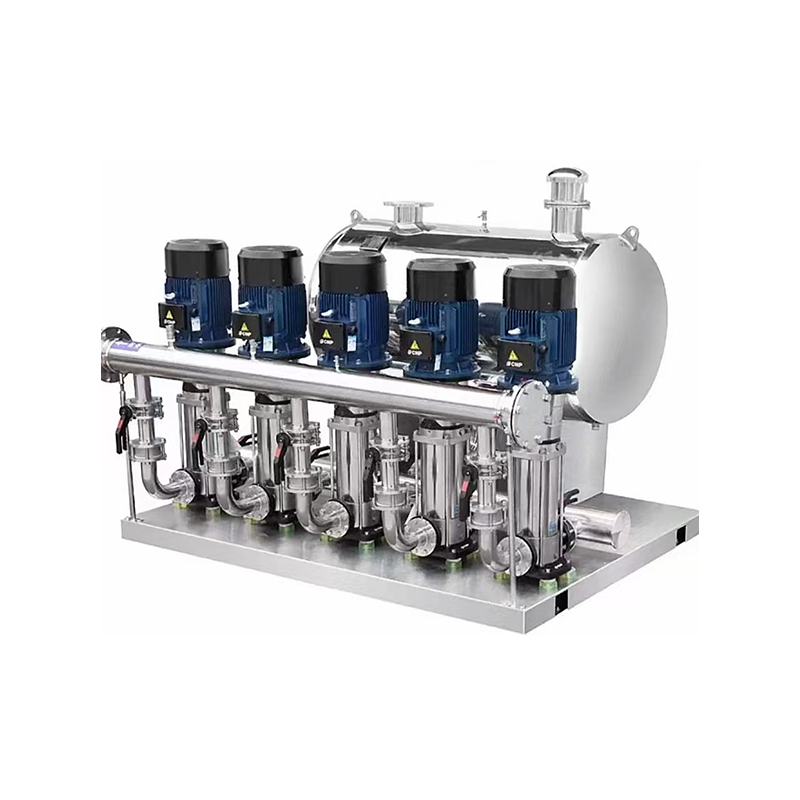
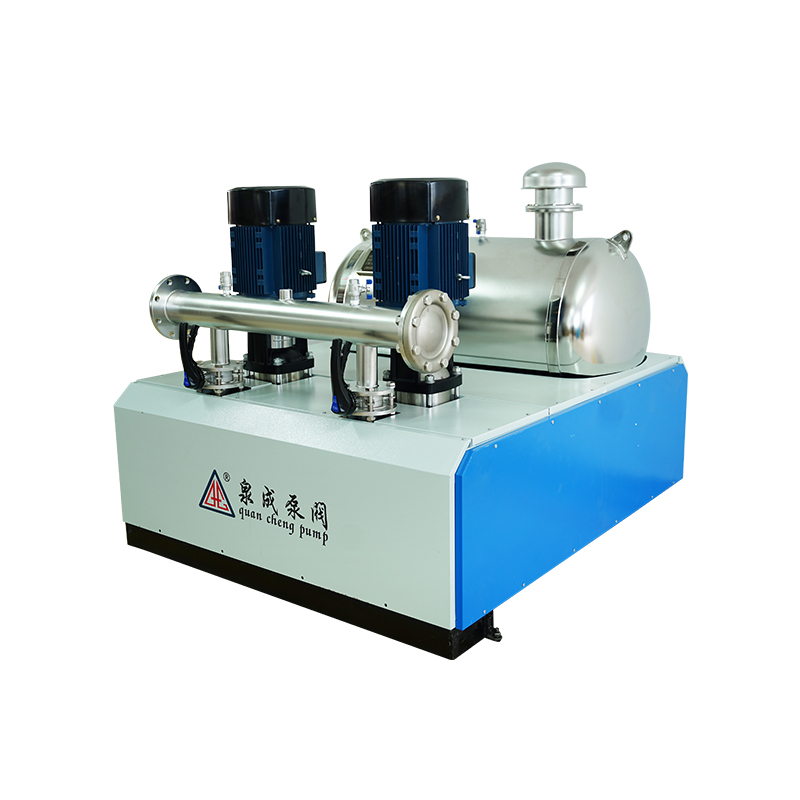
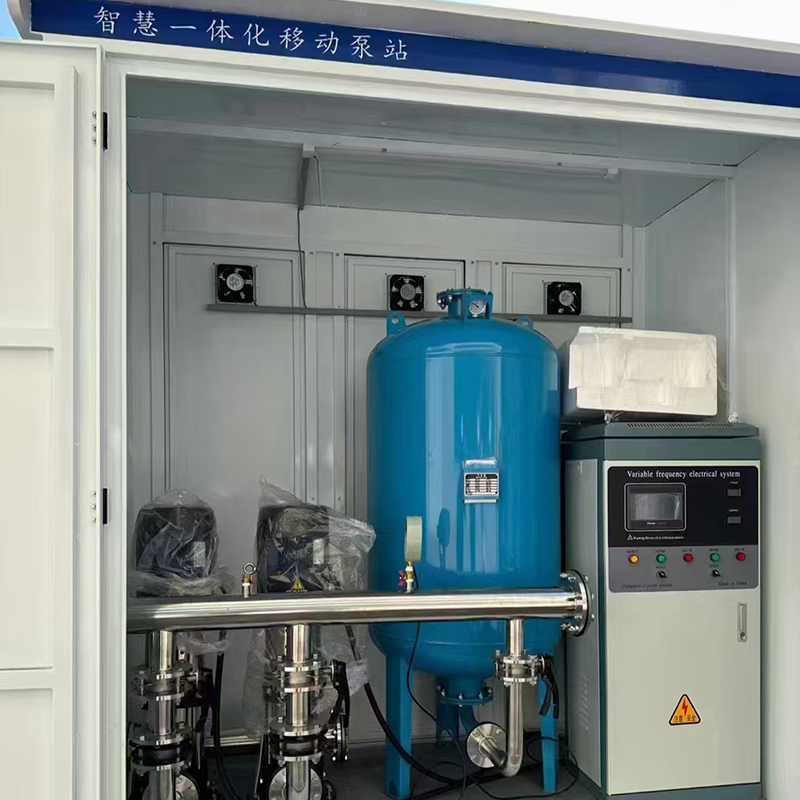
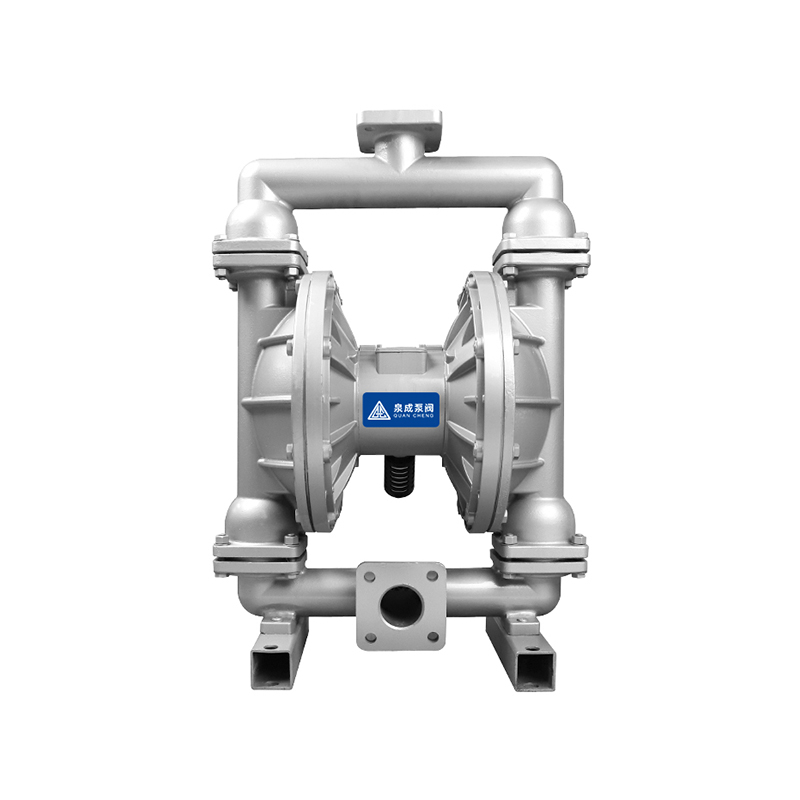
 浙公网安备33032402001888号
浙公网安备33032402001888号
